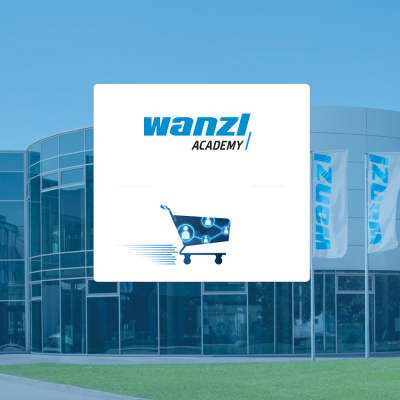Anti-cartel compliance: increasing competition, increasing risk
Awareness of corporate compliance has increased noticeably in recent years – not only on the side of companies, but also on authorities` end. At national, European and international level, antitrust law has notably gained in importance. German and European antitrust law prohibits agreements between companies that significantly restrict competition. This applies both horizontally, i.e. among companies at the same market level, and vertically, along the supply chain. In order to actively prevent the risk of antitrust violations and identify possible violations at an early stage, companies have established integrated compliance management systems.
Rising competitive pressure increases antitrust risk
Industries that are exposed to strong competition are considered to be particularly at risk, as they find themselves at the mercy of antitrust law. In times of inflation, competition tends to increase, making anti-trust compliance awareness even more relevant. Whether price and condition agreements, an agreed market sharing, information exchange and benchmarking, but also purchasing and distribution cooperation: Caution is required when dealing with industry participants, competitors and suppliers if you do not want to come into conflict with the law. Time and again, violations of applicable antitrust law are punished with heavy fines. The misconduct of individual employees can also give rise to liability on the part of the company – even if they are not authorized to take the actions or enter into the agreements in question. In such cases, not only the company is threatened with high fines – fines or even imprisonment can also be imposed on the individual employee.
Strengthening anti-cartel compliance in the long term with professional training
Companies are often not even aware that illegal agreements have been made – which makes it all the more important to provide individual employees with sufficient training on the subject of anti-cartel compliance, as they are also dependent on whistle-blowers from within their own ranks to identify potential risks at an early stage. To avoid antitrust consequences, employees and managers must be familiar with the applicable antitrust regulations and understand why compliance is so important. This applies in particular to the correct handling of association work, but also cooperation with other companies. Only in this way can the anti-trust compliance of one's own company be effectively strengthened, even in times of competition.































